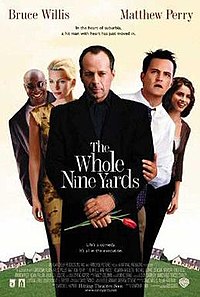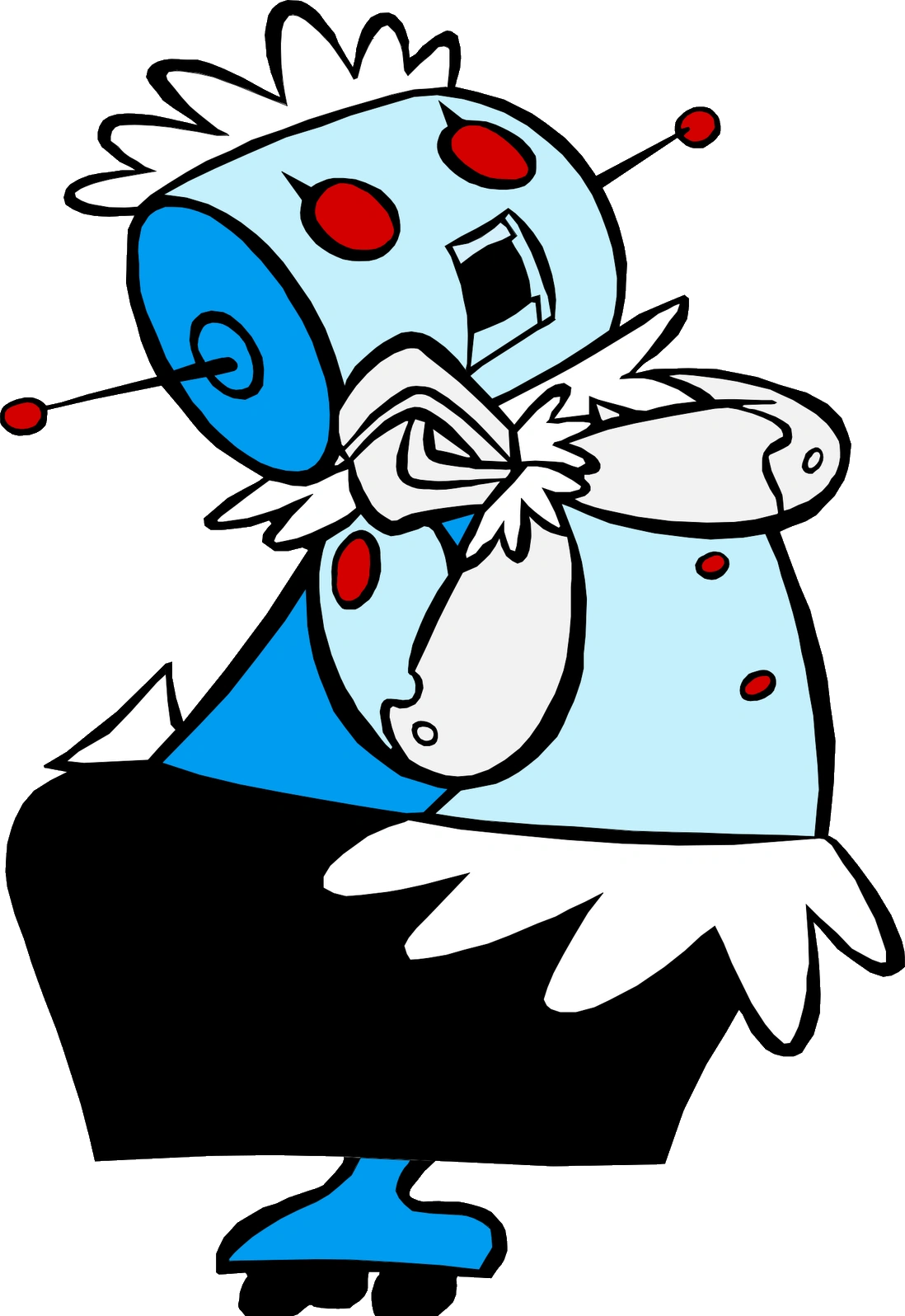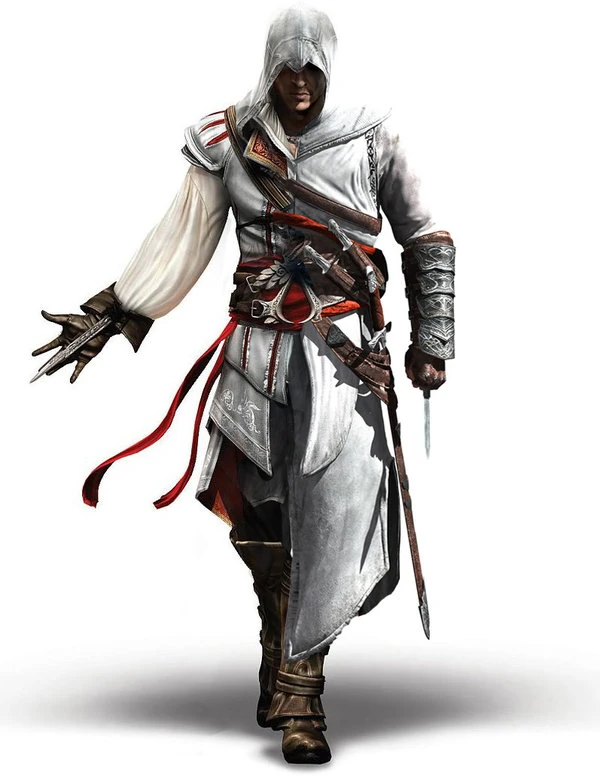(image borrowed from Wikipedia)
The expression "the whole nine yards" comes from WWII in the South Pacific when American fighter planes' machine guns were were armed with ammunition belts that measured exactly 27 feet or 9 yards in length before being loaded into the fuselage. During battle if the pilot gave everything he had by firing all his bullets at a target, he gave it "the whole nine yards!"
That's interesting. Though I honestly never saw this movie above, but I have the feeling it's a different kind of nine yards! Lol!
(image borrowed from Wikipedia)
The origin of the 21 gun salute dates back to the times of early warriors when they would place their weapons on the ground when an important figure deserving of respect appeared. Then in 1688, the Royal Navy regulated the number of guns used in salutes to specific ranks. Prime ministers would get nineteen guns but royalty or heads of state would get the 21 guns.
That's an interesting tidbit!
(image borrowed from Wikipedia)
When it comes to machines vs infantry for modern wars, machines are the winners. A study in 1947 discovered that during WWII about 15-25% of the American infantry fired rifles during combat. The remaining 3/4 carried their weapons as they tried not to die. The infantry's goal isn't to kill the enemy, but to advance on and then occupy his territory.
(image borrowed from Redbubble via squage)
An overly eager person or group is said to be "gung-ho", which comes from the Chinese "gonghe" meaning 'work together.' The word came into the English language when the U.S. Marines picked it up from the communists while in China during WWII. The marines admired the Chinese leftists' passion in fighting the Japanese while the rightists under Chiang Kaishek rarely ever fought, they adopted "gung-ho" as a slogan.
(image borrowed from Assassin's Creed Wiki)
The word assassin comes from the 1300s when Hassan ben Sabah was mounting a jihad against the Christian Crusaders who were invading. He controlled his army of radical killers with a potion that gave them dreams of being in a magical garden where young women pleased them to their hearts' content. The potion was from hashish and the army of killers were called hashish eaters, which is "hashasin" in Arabic, or as the Crusaders called it, "assassin."
(image borrowed from Blackhawk Waterways)
"Going Dutch" means that two people who are on a date share its cost. War influenced a lot of slurs in our language. This particular phrase came from when the British called a "Dutch treat" meant that everyone paid their way, which basically took the treat factor out of it!









These are so interesting! I'm especially surprised by the fact about infantry firing weapons!
ReplyDelete